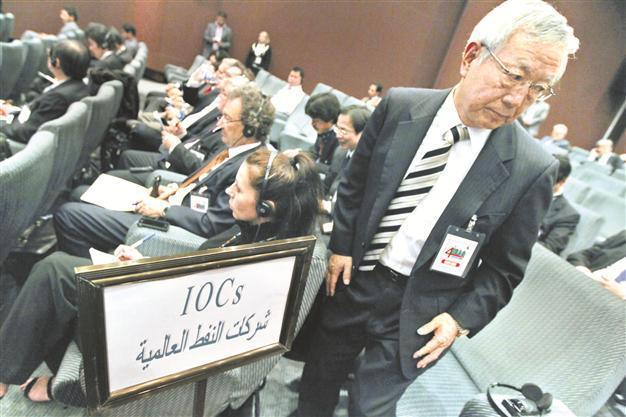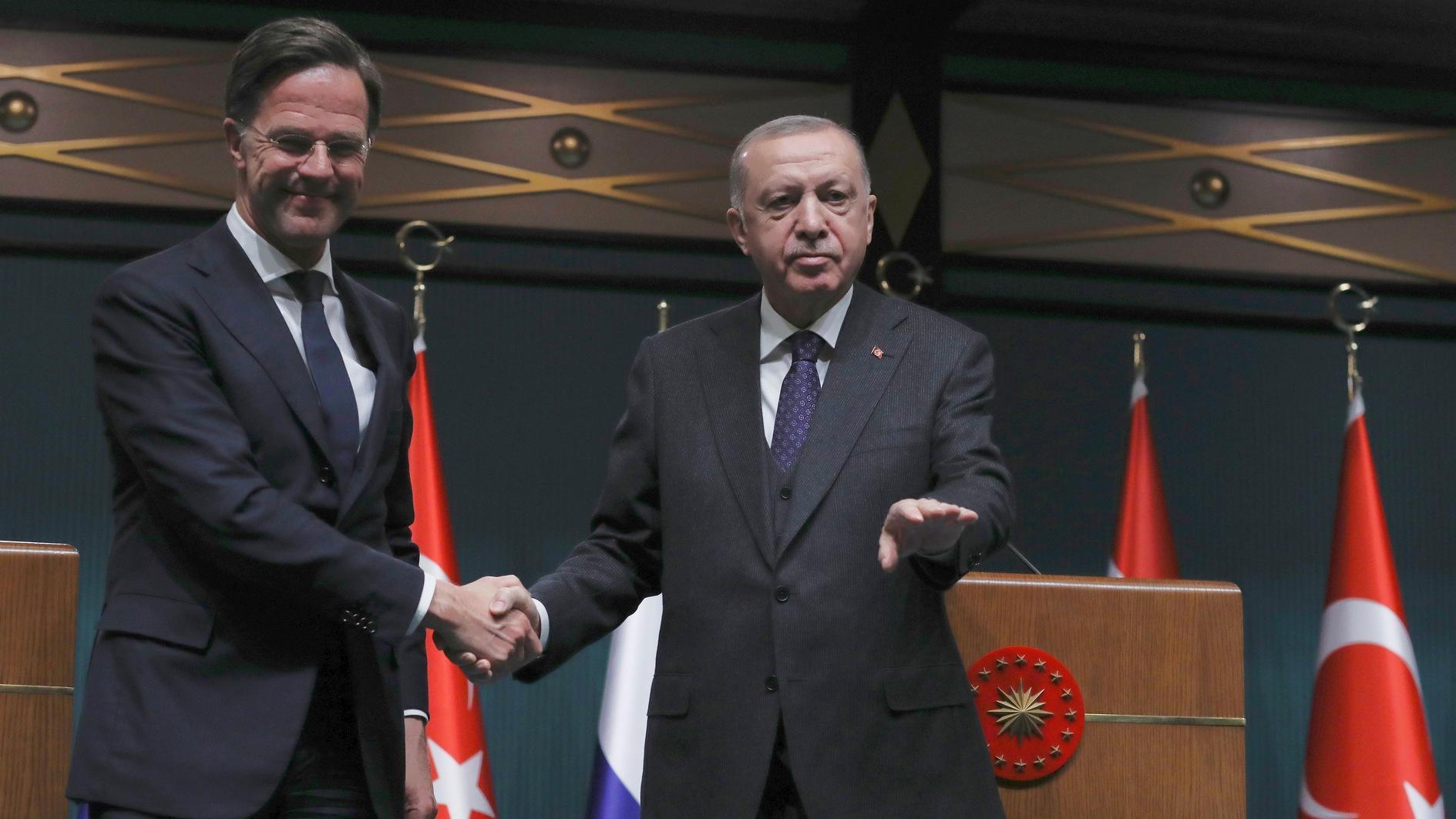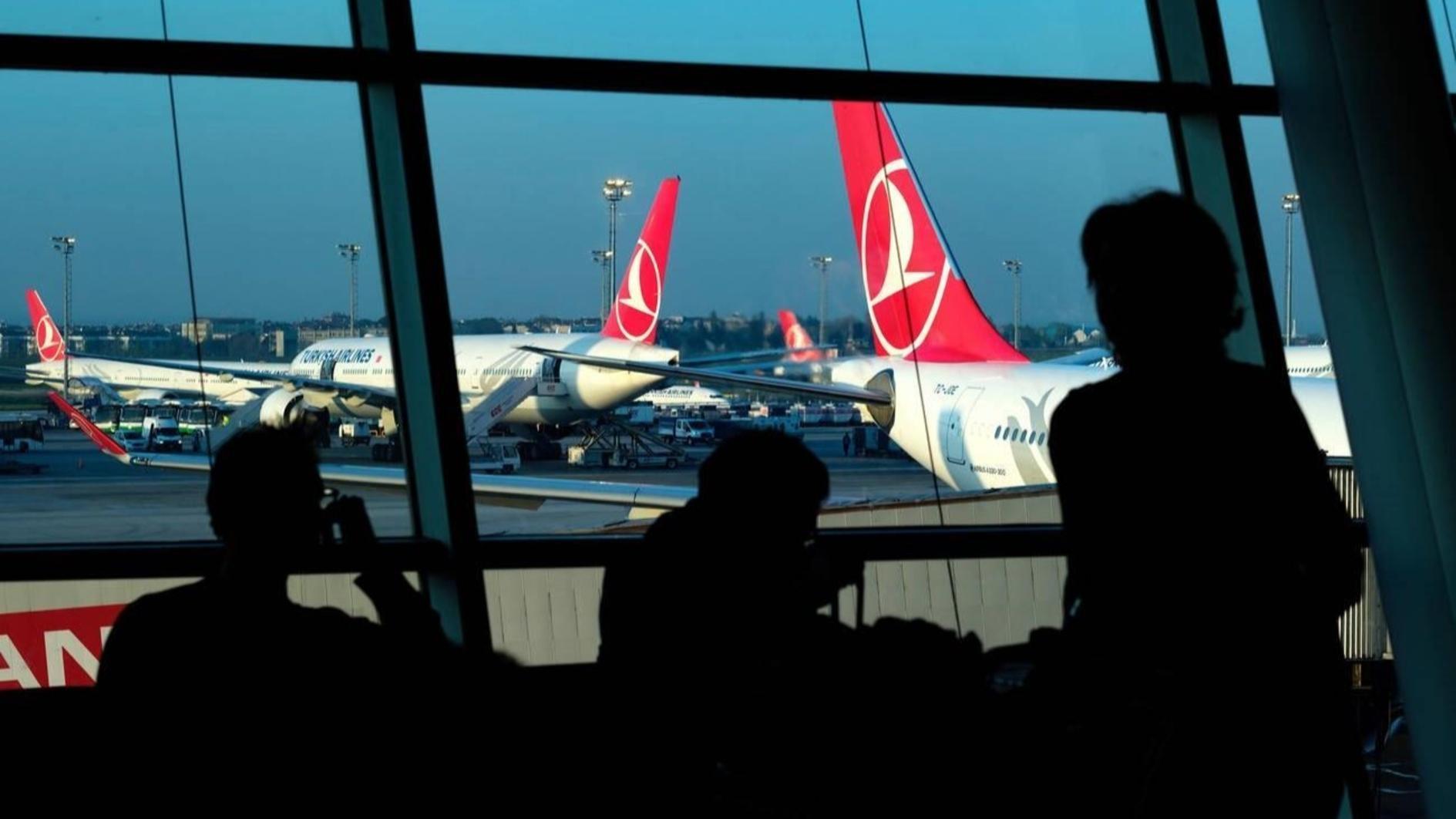Iraqi tender disappoints
BAGHDAD - Agence France-Presse

A potential buyer at Iraq’s oil auction yesterday look glum as only three contracts were awarded out of a potential 12. The two-day sale concluded with eight blocks receiving no bids whatsoever. AFP photo
Iraq closed yesterday a landmark auction of energy exploration blocks with just three contracts awarded out of a potential 12, dampening hopes the sale would cement its role as a key global supplier.The two-day sale, the first to invite international oil companies to explore Iraqi territory for energy deposits since the 2003 U.S.-led invasion, concluded with eight blocks receiving no bids whatsoever, including two that were offered to foreign firms twice.
The bid round, the fourth public auction of Iraqi energy contracts since mid-2009, came amid progress in ramping up oil exports, which account for the vast majority of government income, and as Baghdad eyes higher gas production to increase woefully inadequate power supplies.
But whereas previous auctions offered contracts to foreign energy firms to raise output at existing oil and gas fields, Iraq this time showcased areas earmarked for exploration.
Iraqi officials insisted after the auction that it had met expectations.
“This is a success because 25 percent is a good result,” said Abdel Mehdi al-Amidi, head of the oil ministry’s petroleum contracting and licensing department, referring to the three out of 12 success rate.
“With the three contracts today, there are 18 contracts ongoing across the country -- this is a huge task for the country.” Analysts, however, disagreed with his analysis.
“It’s very disappointing (for Iraq) because ... the priority was to award the gas blocks, because they need the gas urgently for power generation, for industries and so on,” said Ruba Husari, editor of www.iraqoilforum.com.
“The lesson to draw from this is that the model that was offered is not suitable for exploration for gas.”
Yesterday opened with a winning bid from Pakistan Petroleum for a 6,000 square kilometer exploration block which is thought to contain gas covering Diyala and Wasit provinces in central Iraq, with the company agreeing to $5.38 per barrel of oil-equivalent eventually extracted.
And shortly afterwards, a partnership between Russian energy giant Lukoil and Japan’s Inpex won a contract for a plot covering Muthanna and Dhi Qar provinces in the south, believed to hold oil, with an offer of $5.99 per barrel of oil.
Turkey’s TPAO wins block
But six other blocks --including two that were initially offered a day earlier but received no bids-- garnered no interest from foreign energy firms.
Of the three oil and three gas blocks offered a day earlier , meanwhile, just two received bids, and only one -- Block 9, an area near Iraq’s border with Iran that is thought to contain oil -- was accepted by Baghdad.
A consortium led by Kuwait Energy that also includes Turkey’s TPAO and Dubai-based Dragon Oil won the 900 square kilometer block in the southern province of Basra, for a service fee of $6.24 per barrel of oil.
















